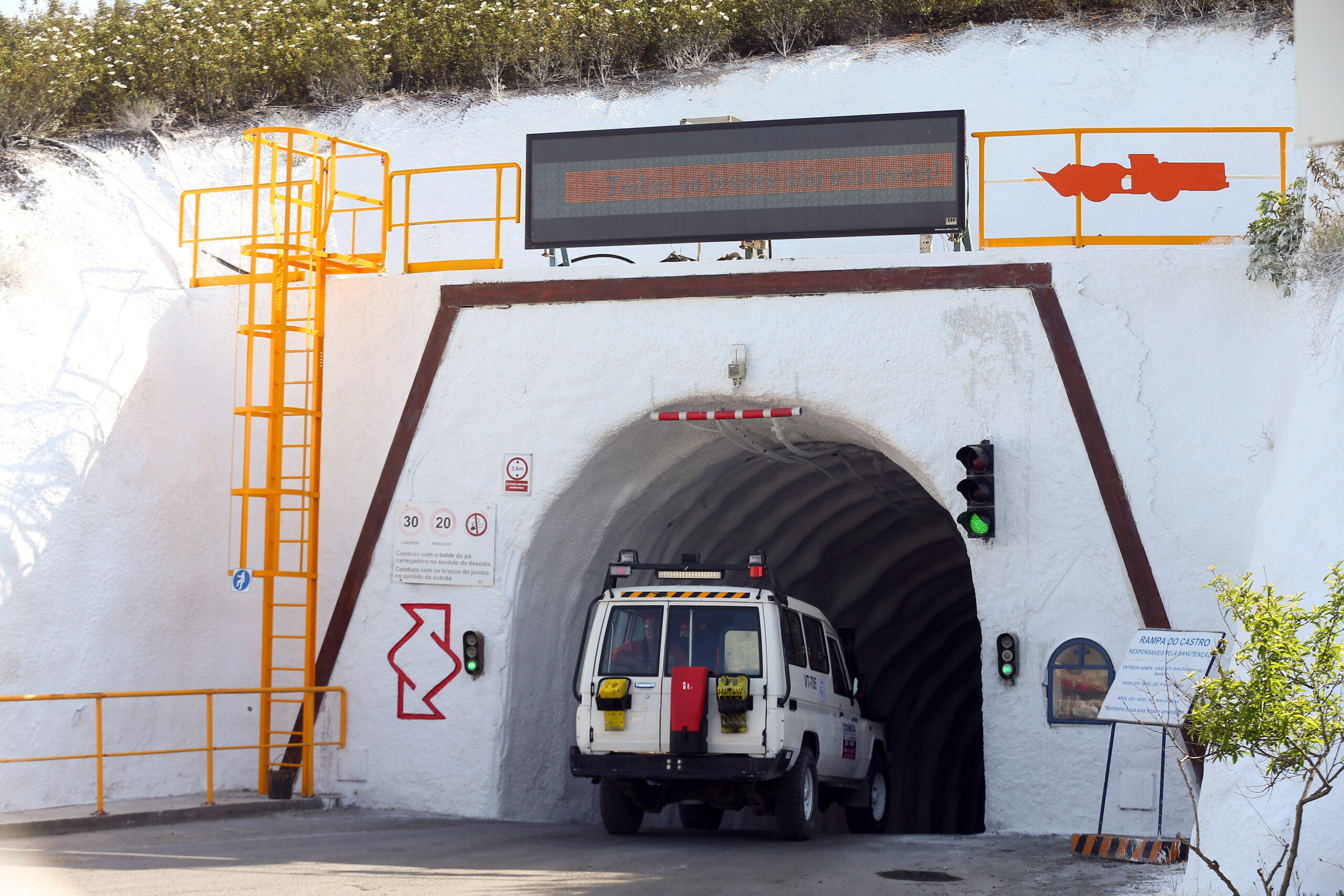For the past 30 years, South African snack food manufacturer Frimax Foods has been using its local knowledge to provide innovative products to consumers across the country and beyond. Jane McCallion finds out the key to success for this family-run business.
Frimax Foods is South Africa’s largest indigenous producer of potato and corn based snacks. Founded in Pietermaritzburg by three bothers in 1982, it is now owned and managed by founder Haroon Essa and his three sons, supplying both large supermarket chains and independent shops across the country. In 1997, it moved to Verulam, near Durban, in order to better service its clients nationwide. This dedication to service is Frimax’s trademark and has been recognised with a number of awards won throughout the years. Most recently, it was presented with a Certificate from the South African Food Safety Corporation for its commitment to food safety.
For nearly 30 years, Frimax has been not only making a profit but also experiencing continuous year-on-year growth. This success can be attributed to three factors: a broad client base, innovation and proximity to the market. “We are a very unique producer in the South African snack market,” says Baboo Essa, managing director of Frimax. “We are much bigger than the majority of other local producers, to the extent that our main competitor is Frito-Lay. This is something that we are really able to use to our advantage—we are big enough to be able to supply large but, being local, we are able to be more responsive to the market than a multinational.”
This responsiveness is also aided by the fact that Frimax is still a private, family-owned company: Essa’s two brothers hold managerial positions and his father is the CEO. This, he explains, greatly reduces bureaucracy and so new ideas or products can be taken to market more rapidly. “For example, if we decide to do a promotion, we can go from concept to production to delivery much more quickly than even our larger local competitors. We don’t have to get approval from shareholders or communicate back up a much larger, international chain. This is a defining factor for our company and a real operating strength.”
Being family-owned is also an attractive selling point for end consumers. “While we are a well established brand in South Africa, we haven’t been here as long as Frito-Lay or National Brands,” says Essa. “However, people recognise us as a local company and a family company; and that is something that is very appealing to them.”
With consumer confidence being of great importance to Frimax, it is unsurprising that in 1992 the company sought official certification of its products as halal. “Our factory has operated to halal standards throughout its existence,” explains Essa. “However, if consumers didn’t know that Frimax is owned and run by a Muslim family, they wouldn’t be aware of this. So in 1992, all our products were officially certified as halal by the South African National Halaal Authority [SANHA], providing information and reassurance for the close to one million Muslims who live in South Africa.” Additionally, the factory is entirely nut-free, meaning that a further proportion of the population who are often restricted when it comes to snack foods can enjoy Frimax’s products with confidence.
As well as selling its products across South Africa, Frimax also exports to neighbouring Zimbabwe, Mozambique, Lesotho and Swaziland. Its potato crisps are also exported to the islands of Mauritius and Sychels. Depending on the destination of its goods, the company either uses specialist logistics companies or its own fleet of 50 commercial vehicles. “The split between outsourcing delivery and doing it ourselves is once again a decision we have taken to provide a better service to our clients,” comments Essa. “Clearly if the snacks are being taken for export, then we use a specialist company to carry out those deliveries. Also, if they are being taken across the country to our distribution centres in Gauteng, Freestate, Limpopo and the Western Cape, then we will use the same method.
“However, it is very useful having our own vans for two reasons,” he continues. “Firstly, we are able to deliver to more remote areas ourselves. Secondly, many of our smaller, independent clients don’t have the storage facilities to receive large monthly or bi-monthly deliveries and may need to receive orders even up to twice a week. By having our own vans, we are able to be responsive to their needs, rather than imposing our will on them. And by carrying out these particular deliveries ourselves we are also able to make cost and efficiency savings.”
While reducing costs and increasing efficiencies is important for any business, it is the subject of particular focus for Frimax currently. “The rise in the price of our raw materials is a serious challenge for us at the moment and something that is, unsurprisingly, really pushing up our costs,” says Essa. “Market speculation is pushing up the price of maize, while the use of things like oilseed rape as a biofuel in South America is raising the price of cooking oil. These price rises are quite extreme—well beyond inflation—so it’s not something that we can pass on to the consumer. Consequently, we are having to look very hard at other areas of our operation to identify where we can cut costs.”
One of the ways in which the company is achieving this is through investment in its factory. Over the past two years, the facility has undergone a complete overhaul, with new, more efficient machines being put in place and capacity increased. “We have now put in place the latest technology for every step of our production process, including fryers, baking ovens and so on,” says Essa. The improvements include the installation of state-of-the-art packaging machines from Australian manufacturer TNA Solutions and Japanese company Ishida.
The new machines in particular have helped bring Frimax’s plant up to capacity but, as Essa explains, they have had something of a paradoxical impact on the workforce. “Since putting these packagers in place, we have actually had to hire more people. This is because, despite the fact that overall we have increased automation, the packaged products still need to be loaded into boxes by hand. Yet despite this, we have still significantly improved efficiencies and even if staff costs have gone up, our total costs have been reduced.”
With this in mind, the company’s plans for the future are not focused so much around expansion as improvement: “The keys to our future are innovation, pricing and bringing added value to the consumer,” states Essa. “We need to listen to and engage with the end customer as, in the end, it is them who is buying our products. This is where the answer to our continuing growth and success lies and this is our focus going forward,” he concludes. www.frimax.co.za
DOWNLOAD
 Frimax_OCT11_emea_BROCH_s.pdf
Frimax_OCT11_emea_BROCH_s.pdf













